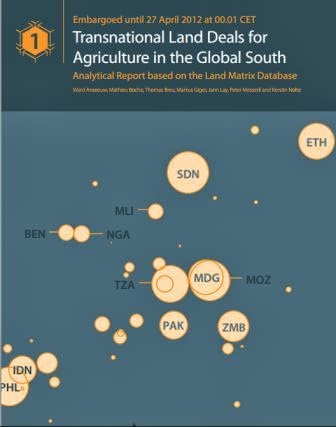 |
| Presentation by Judith Francis of CTA: Current trends of SME involvment in EU-Africa STI Research Partnerships |
SME’s can and should be engaged in EU-‐Africa STI research collaborations. Discussions will be based on current successful practices that could be adopted, possible challenges arising from policy and practice limiting these collaborations, untapped opportunities and the way forward.
The key questions which were addressed in the workshop related to:
 |
| Wendell McIntosh of ADA Commercial |
these partnerships and what levels of coherence exist between the two.
- How are current EU-‐Africa research and business policies supporting or limiting collaboration between researches and business?
- Are EU-‐Africa research policy priorities coherent with the regional business priorities?
- What areas of partnership are most viable for SME-Research collaboration?
- What kinds of challenges are SME’s in EU and Africa facing in engaging in joint research partnerships?
- Best Practices from Finnish research-SME partnerships. Are these transferrable models?
- Are there EU-Africa platforms that exist that can be used to include SME’s in research? Is there a need to create new platforms? If so, what kind of platforms? 3.3 Way Forward
- What is the way forward for researchers, policy makers and SME’s in enhancing STI research partnerships within the JAES roadmaps?
- What opportunities and challenges are foreseen and how do we address them?
PPT presentation of Wendell McIntosh of ADA Commercial
Following research questions linked to the mechanization of rice production in Africa have been identified:
Small and suitable field production machinery research
- Pre-harvest mechanization: Precision planting, nursery industry and efficient use of water; mini-combine harvesters; ASI thresher; paddy cleaner; Weeders
- Improvement of agricultural technology and system management
- Post harvest mechanization for processing of agricultural product: Flat-bed dryers; parboiling vessels; Briquetting machines; Rice hullers and grading machine
Renewable energy technology research
- furnaces for bio char
- Bio gas digesters
- stoves for parboiling operations
FoodAfrica – Improving Food Security in West and East Africa
FoodAfrica is a research and development Programme enhancing food security in West and East Africa. The objective of the Programme is to provide new knowledge and tools for researchers, decision makers and local farmers to improve local food security. The FoodAfrica Programme is implemented in six countries: Benin, Ghana, Cameroon, Kenya, Senegal, and Uganda.
FoodAfrica Programme is coordinated by MTT Agrifood Research Finland. The other cooperating partners are four CGIAR institutions and two Finnish universities.
See article: Comprehension and action required for successful aflatoxin control
Interview with Dr Olivier BESNARD of the France based SME Biophytech. Dr Olivier BESNARD is the European partner of the PAEPARD supported consortium: Burkina Faso - BIOPROTECT-B, un groupement d’intérêt économique pour la protection biologique des cultures et la fertilisation organique des sols pour une agriculture saine et durable au Sahel.
BIOPROTECT – B à été créé en 2011 et son siège social est au Burkina-Faso. BIOPROTECT – B propose des intrants d'origine organiques non polluants permettant une revitalisation de la vie microbienne des sols et une valorisation optimale des ressources locales afin de fertiliser et protéger des végétaux à fortes valeur ajoutée. Olivier answers following questions:
- Quelle est la genese de votre collaboration avec ARFA?
- Comment le PAEPARD a-t-il contribue a cette collaboration?
- Comment les essais de terrain ont ete finance? (le role du ColeACP)
- Est-ce que Biotech est une PME qui est devenue viable?
- Quelle est la collaboration entre ARFA et Bioprotect?
- Est-ce que les biopesticides sont une niche ou il y a moyen de faire de l'argent?
- Quel est le lien avec la conservation des sols?






